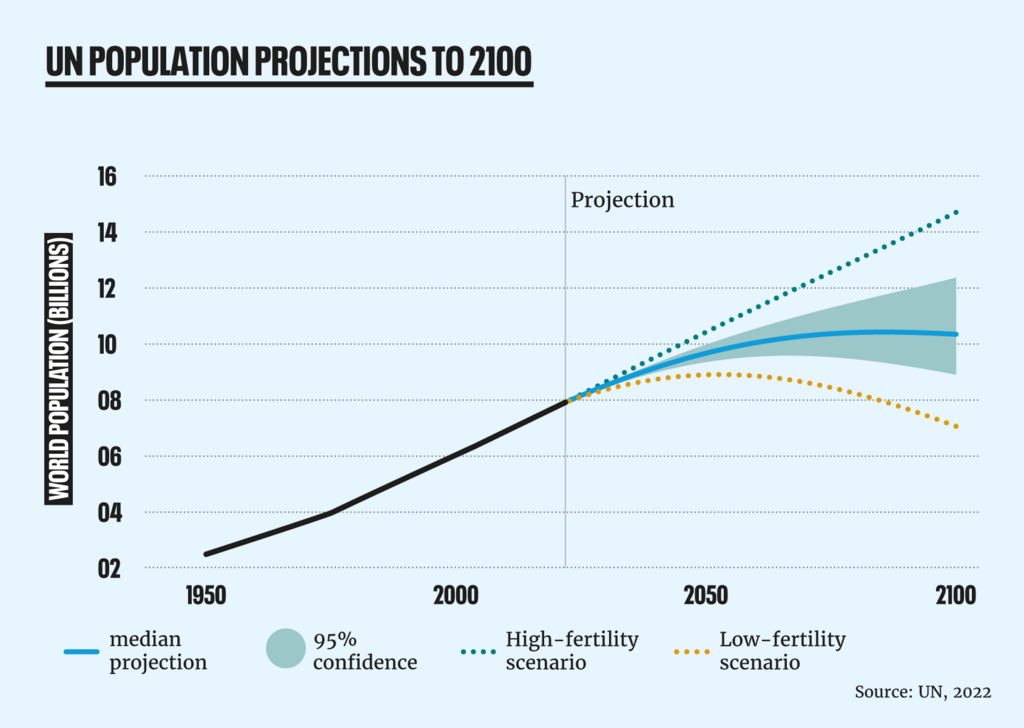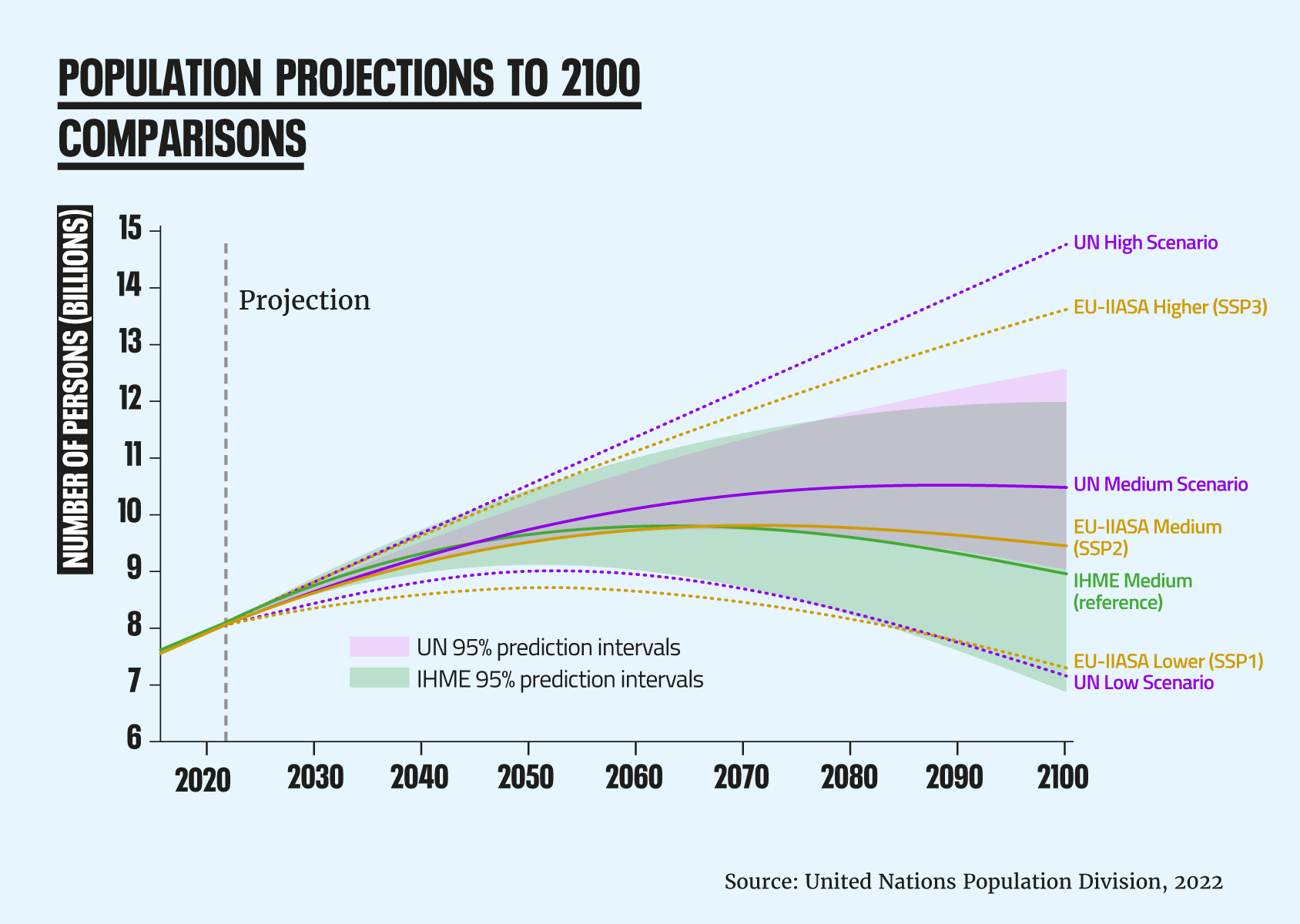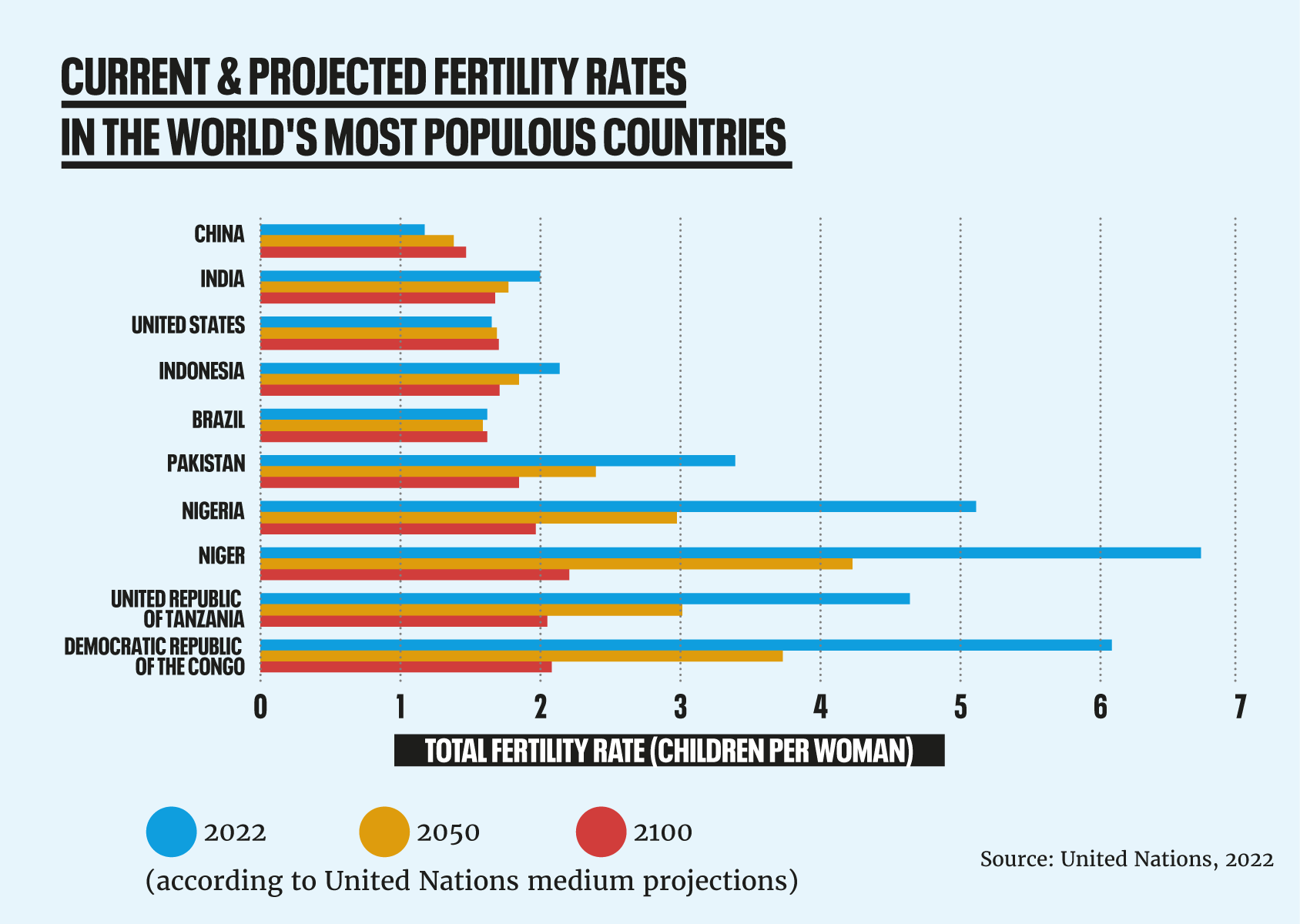
Population Matters sends “Fake News” award to Elon Musk
As we have previously reported, the world’s richest man, Elon Musk, has an increasing preoccupation with population. With his tweets and comments showing no sign of diminishing or becoming more reasonable, PM has published a new report analysing his claims, Which planet is he on? Elon Musk and the population apocalypse. To bring home the message, we have also sent a uniquely-designed Fake News award to Mr Musk, care of Tesla’s HQ.
Report author, Head of Campaigns Alistair Currie, trawls through the words of wisdom.
Just this week, Mr Musk has again repeated his claim that population collapse is the “greatest threat to civilisation”. Having spent longer than I would ever choose to on his Twitter feed in recent months, it was little surprise to see him continuing to beat that drum. Following reports in July that he was the father of previously unknown twins, taking his personal tally to nine living children, Mr Musk went on Twitter to say he was “doing my best to help the underpopulation crisis”, securing 240,000 likes from his ardent followers. Just days later, the UN released its latest population projections, which estimate that 2.4 billion more people will be added to the global population by 2086, with a total of 8 billion to be hit this November.
In the report, we set out to examine specific comments by Mr Musk, and test them against the evidence and expert opinion. We found plenty of material.

“The world’s population is accelerating towards collapse.” (July 2017) “The biggest issue the world will face in 20 years is population collapse.” (2019 – but retweeted as recently as May 2022) In fact, human population is currently growing and no authoritative, expert projection foresees it peaking before 2050. The 2022 UN projection does not foresee any significant downward trend in population for at least 80 years.
“If these trends continue, humanity will cease to exist.” (June 2022) “Unless something changes … Japan will eventually cease to exist. This would be a great loss for the world.” (May 2022) Should we be concerned about hitting zero population, both globally and in some major countries? Well, even the lowest ranges of the main authoritative population projections do not foresee global population being lower at the end of this century than it was at the start, at about 6bn people. Higher range projections see it still continuing to grow at the end of the century. At 74m, the UN’s projected population for Japan at the end of this century is still larger than the UK’s is today.

“Let’s not gradually dwindle away until civilisation ends with all of us in adult diapers, in a whimper.” (May 2022) The UN projections show that the proportion of people over 65 will rise from 10% today to 16% in 2050. By 2100, there will still be fewer people over 70 than under 20 globally (18% to 22%). Half our global human population is under 30 today. Ageing does represent a substantial economic challenge in some countries but there are many positive policy solutions already being deployed to address it.
“The common rebuttal is ‘what about immigration?’. I’m like, from where?” (May 2022) Mr Musk has dismissed immigration as a solution to low birth rates in certain countries because of low birth rates “everywhere”. Many parts of the world will be growing their populations over the coming century. According to UN projections, Africa alone is projected by the UN to add more than two billion people to the global population by 2100, and still be growing. Asia’s population will grow by 500m up until 2057 (to 5.3bn).

“Earth could maintain a population many times the current level.” (April 2022) Among so many wild claims, this is the most extreme and alarming of all. In 2022, the Intergovernmental Panel on Climate Change identified population growth as one of the two “strongest drivers” of carbon emissions from fossil fuel combustion, and in 2018, identified future high population growth as a “key impediment” to keeping global warming under 1.5°C. The Global Footprint Network calculates that we are using the Earth’s renewable resources 1.7 times faster than they can be renewed.
“We’re going to be fine even if we doubled the [population] size of the humans. I know a lot about environment stuff.” (May 2022) His current complacency about the environment is not consistent with any authoritative evaluation of our situation: UN Secretary-General Antonio Guterres has described our current status as “code red” for humanity.
“There is a [100%] chance of *all* species extinction due to expansion of the sun, unless humanity makes life multiplanetary.” (Jan 2022) This is a rare example of Musk discussing threats to biodiversity. It is true, but scientists currently expect that event to take place one billion years from now.

As our director, Robin Maynard said when the report was launched:
“It would be easy to laugh Elon Musk’s extreme claims off, if he didn’t have 100 million Twitter followers and a stratospheric media profile lending them spurious credibility. There’s something really serious here too. The number of women with an unmet need for modern contraception in low-income countries stands at 270 million and is growing. Covid, climate change and the economic downturn all threaten to push back the vital gains in health, poverty reduction, family planning, gender equality and education that have addressed population growth and improved the lives of billions. And we’re seeing hard-won reproductive freedoms from Iran to China to the US being pushed back, sometimes explicitly to promote higher birth rates.
“The real challenge is to address the poverty, inequity, and lack of life opportunities that high fertility and population growth characterise, improve the wellbeing of the greatest proportion of our fellow citizens, and protect ecosystems here on Earth – before indulging the space fantasies of a handful of competing billionaires.”
Elon Musk has not so far responded to our report, or enquiries from the media arising from it. Although posted a few weeks ago, we’ve also had no acknowledgement of the receipt of our award. Perhaps we’ll see it floating in a space rocket before too long.


